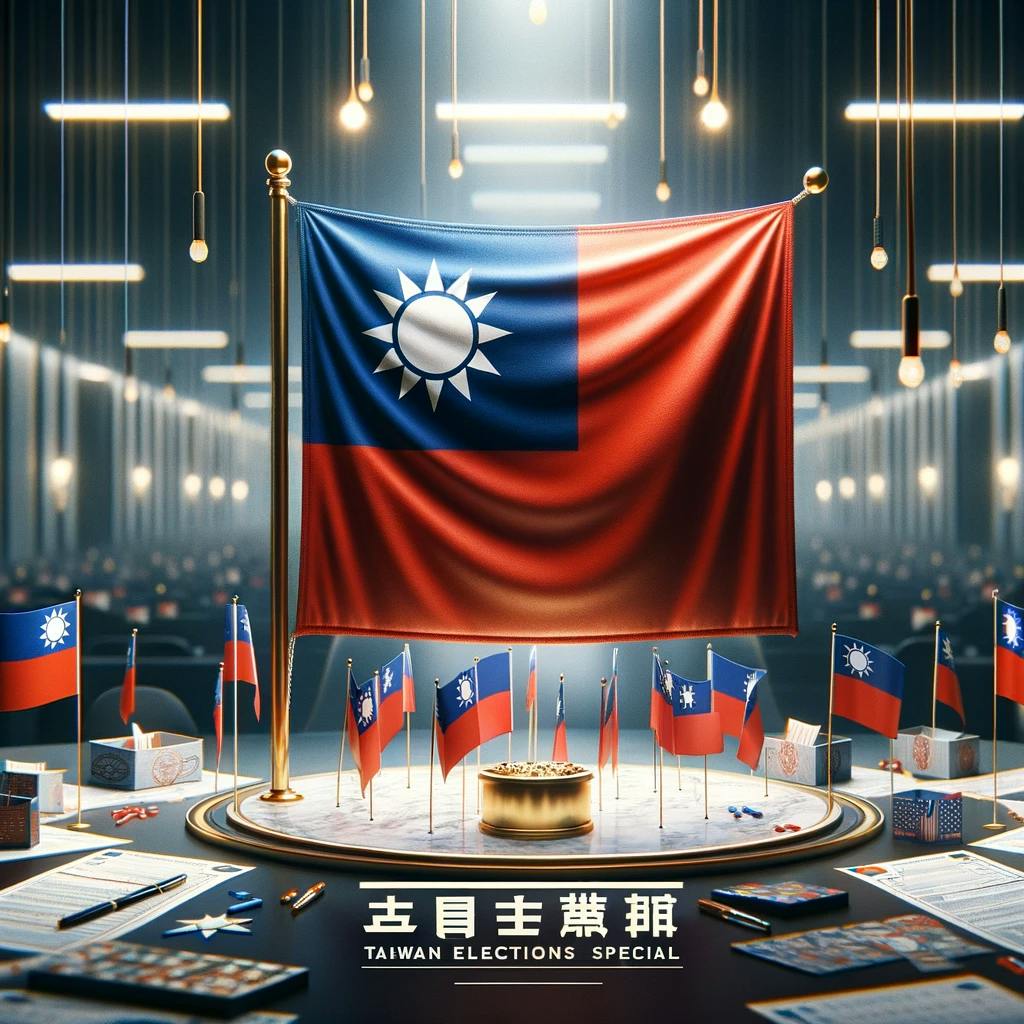
Taiwan Election Showdown! A Blue Prof and Green Pol Explain

ChinaTalk
Shownotes Transcript
The Taiwanese populace will head to the polls to choose their next president on January 13, 2024 — and the three-party slate is set!
To discuss, we brought on Lu Yeh-chung 盧業中 — a professor of diplomacy at National Chengchi University 國立政治大學 — and Lin Fei-fan 林飛帆, previously the Deputy-Secretary of the DPP and well-known for leading the Sunflower Student Movement in 2014.
Our conversation gets into:
What a three-party race means in a first-past-the-post electoral system, and how the pan-blue and pan-green camps are feeling;
Why the KMT-TPP alliance broke down, and what the pan-blue side needs to do to mobilize its electorate;
The KMT’s and DPP’s views on whether Taiwanese and mainland Chinese are part of the same family 兩岸一家人;
What the 1992 Consensus means to the KMT and DPP, and the tensions and synergies between idealism and functionalism in Taiwanese politics;
How the CCP views the upcoming election, and to what extent it really fears pro-independence activists in Taiwan;
What demarcates the KMT and DPP outside of cross-Strait politics, and which domestic issues are most compelling for the average Taiwanese voter;
And how the KMT and DPP balance government spending on hard military assets versus subsidizing critical technologies like semiconductors.
DPP ticket:
president: William Lai Ching-te 賴清德
vice president: Hsiao Bi-khim 蕭美琴
KMT ticket:
president: Hou Yu-ih 侯友宜
vice president: Jaw Shaw-kong 趙少康
TPP ticket:
president: Ko Wen-je 柯文哲
vice president: Cynthia Wu Hsin-ying 吳欣盈
Outro music: 回春丹- 鲜花 https://open.spotify.com/track/35XxW360SO3puJQDfuaY4r)
Learn more about your ad choices. Visit megaphone.fm/adchoices)
